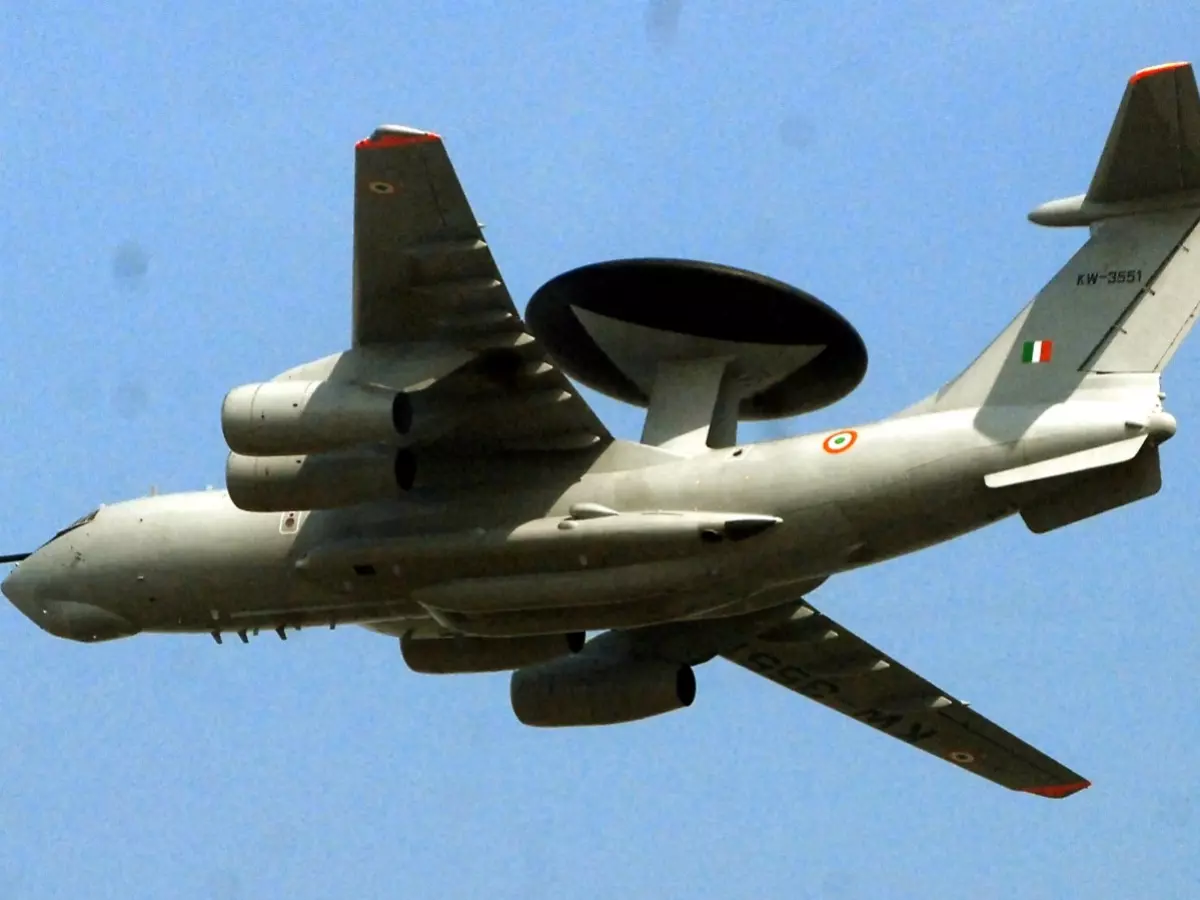After Rafale, India To Buy Two More 'Eye In The Sky' Israel-Made Phalcon AWACS For $1 Billion
India already has three PHALCON AWACS with a 360 degree rotodome mounted on top of the aircraft and two DRDO-built AWACS with 240 degree rotodome.

Amid the ongoing tensions with China along the border in Ladakh, India is set to buy two more ¡°Phalcon¡± airborne warning and control system (AWACS) aircraft from Israel.
India already has three PHALCON AWACS with a 360 degree rotodome mounted on top of the aircraft and two DRDO-built AWACS with 240 degree rotodome.
 bccl/file
bccl/file
According to reports, the acquisition was given a final official go last week and has been put up before the Cabinet Committee on Security (CCS).
This is not the first time India has proposed to purchase the AWACS but the deal with Israel did not go through due to the high cost involved.
Both come at a cost of $1 billion
The two AWACS will come at a cost of $1 billion and will be delivered in three to four years.
According to The Times of India, the acquisition of the two AWACS, with the Israeli Phalcon early-warning radar system mounted on Russian Ilyushin-76 heavy-lift aircraft, is all set to get the final nod from the Cabinet Committee on Security (CCS) after extensive inter-ministerial consultations.
 bccl/file
bccl/file
AWACS is a mobile, long-range radar surveillance and control centre for air defense. The system, as developed by the US Air Force, is mounted in a specially modified Boeing 707 aircraft.
Powerful acquisition
The radar system can detect, track, and identify low-flying aircraft and high-level targets at much greater distances. It also can track maritime traffic, and it operates in any weather over any terrain.
 bccl/file
bccl/file
An airborne computer can assess enemy action and keep track of the location and availability of any aircraft within range. The communications system, enabling the control of friendly aircraft in pursuit of enemy planes, operates over a single channel, secure from enemy interception, that is also relatively immune to jamming because of its high speed.
Last month, the first batch of the much-awaited five Rafale jets had reached India.
India is ramping up is striking and detecting capabilities at a time when its borders are in turmoil unlike in a very long time.
